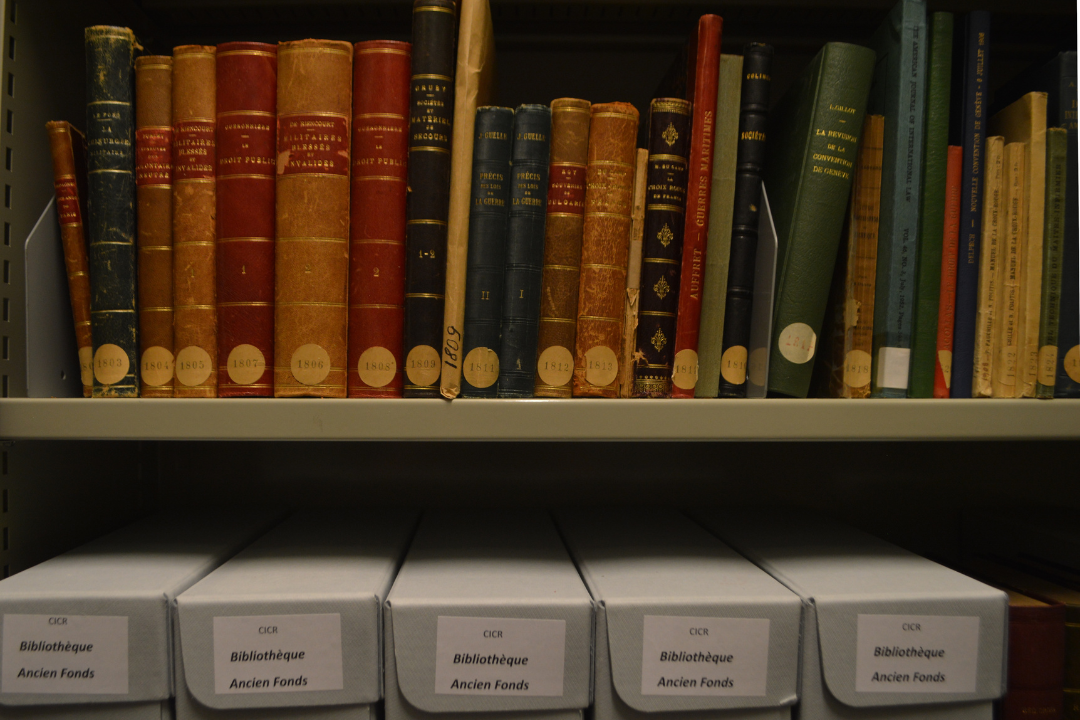Since its publication in 2005, the International Committee of the Red Cross (ICRC) Study of Customary International Humanitarian Law has assumed an authoritative position in the identification and application of the law of armed conflict. Consolidating 161 rules drawn from State practice and opinio juris, the Study is the most comprehensive record of the state of customary international humanitarian law (IHL) to date. Its influence is palpable across international tribunals, domestic jurisprudence, military manuals, and academic discourse, even though (persisting) controversy surrounds the Study and its conclusions. For instance, criticism has been raised with regard to an overreliance on written materials, blending opinio juris and State practice (see, e.g., Dinstein, p. 263, 268, 272; Fortin, p. 44-45). Another point of contention concerns the ICRC’s own role as a non-governmental organization in the assessment and influence on custom. Despite these critiques, few would doubt that the Study plays an essential part in revealing some of the red lines actors involved in armed conflicts are not to cross.
Yet considering twenty years have passed, larger updates to the Study might now be due. And given the Zeitgeist casts doubt on the functionality of the law of war, it appears timely to interrogate what makes or breaks its customary rules. Contemporary developments in treaty law illustrate the challenges in reaching international consensus, while also highlighting the increasing relevance of custom. Some States are withdrawing from key treaties governing the use of specific weapons, other actors have challenged the sole authority of States in shaping international (humanitarian) law, and still others criticize the selective application of the law, particularly by Western States. As the debate on a new convention governing the use of lethal autonomous weapons in armed conflict exemplifies, the current state of treaty law faces difficulties in modernized battlefield practices. With no comprehensive treaty on the law of armed conflict on the horizon, opportunities to advance the debate on the state and effectiveness of the law remain scarce.
Renewed international dialogue on custom may help bridge these gaps. The Study’s twentieth anniversary presents a key opportunity to spark a conversation on the customary laws of war and how the rules contained in the Study have been received so far. Whereas State practice collected in the Study is constantly updated by the ICRC and the British Red Cross division at the Lauterpacht Centre for International Law, a new edition of the Study’s rules does not appear to be planned.
Bearing in mind how battlefield practice, technology, and legal opinions on custom in IHL may have shifted, the Institute for International Law of Peace and Armed Conflict in Bochum and the Institute for International Peace and Security Law in Cologne have co-convened a workshop to discuss the customary law of armed conflict and the ICRC’s Study. Two decades after its publication, the workshop seeks to place the Study at the center of renewed attention, bringing together junior academics with more senior counterparts to discuss critiques of the Study, and ideas concerning future routes to identify or shape customary IHL.
This joint symposium between Articles of War and Völkerrechtsblog invites readers to engage with the ideas presented over the course of the workshop and those sparked beyond it. The symposium features contributions from scholars who have all approached the Study from different angles. They analyze how the past, present, and future of customary IHL are captured in the Study and inform how a second edition might be shaped.
